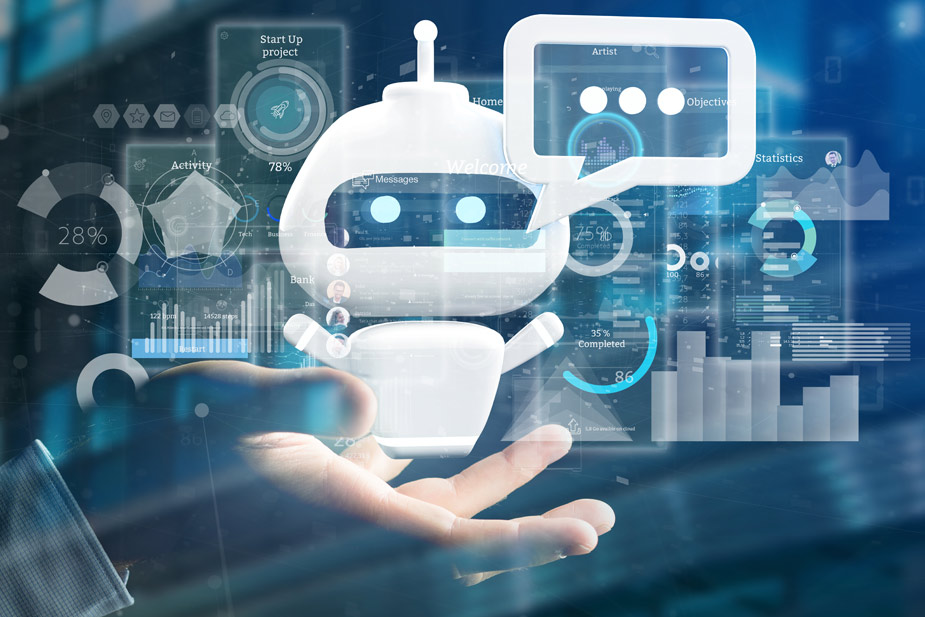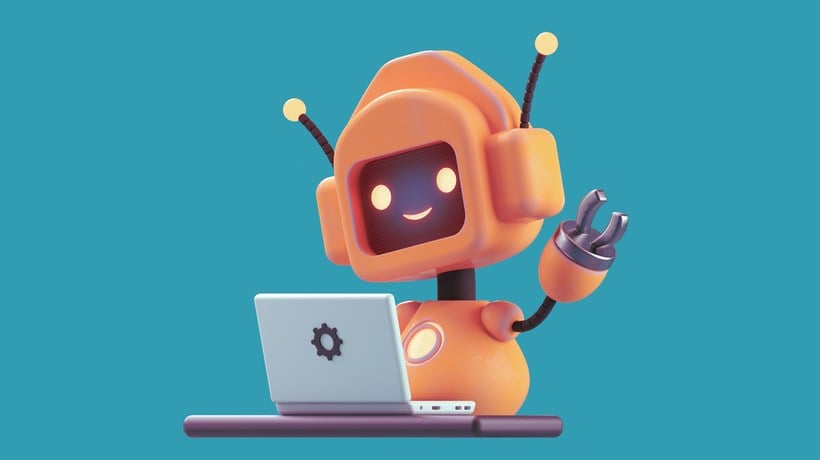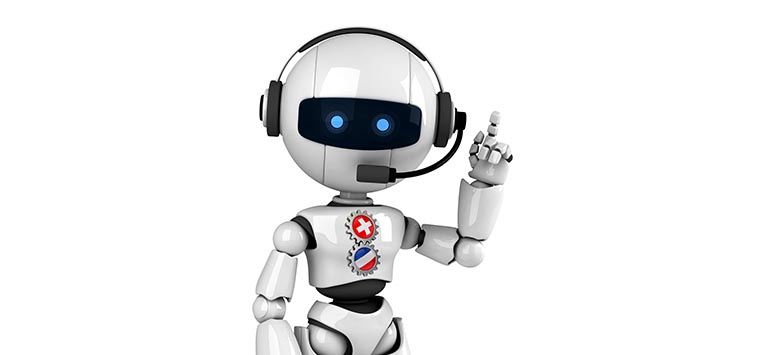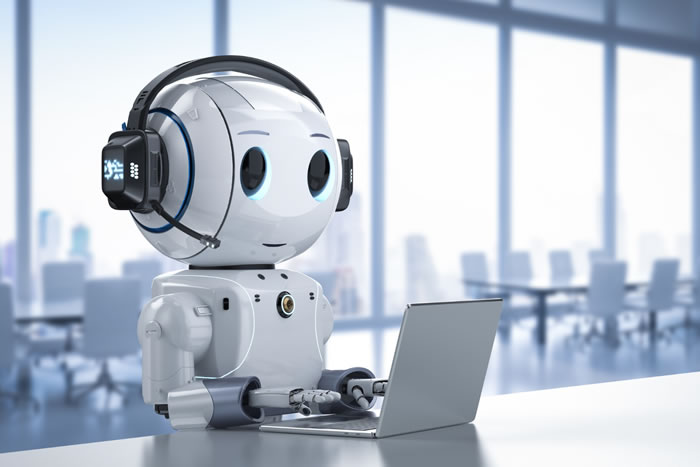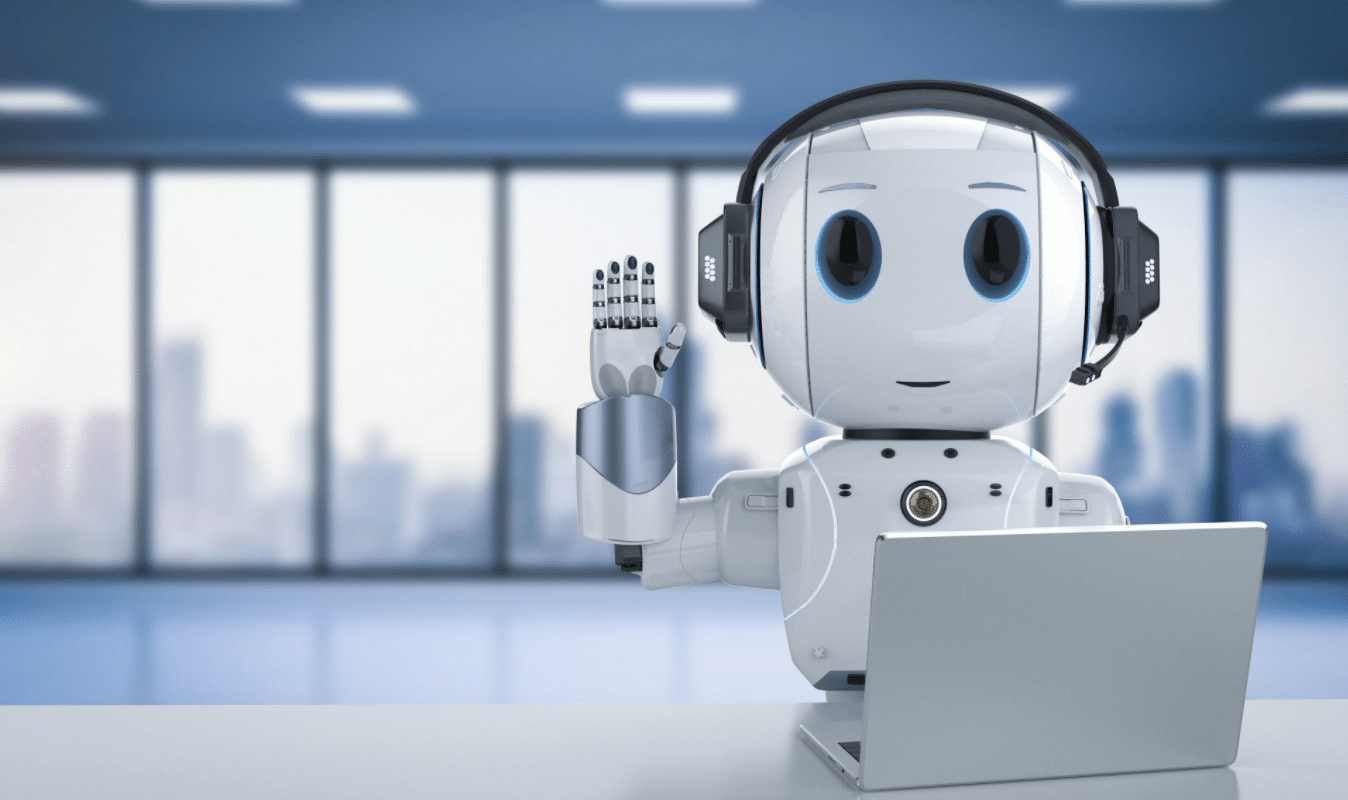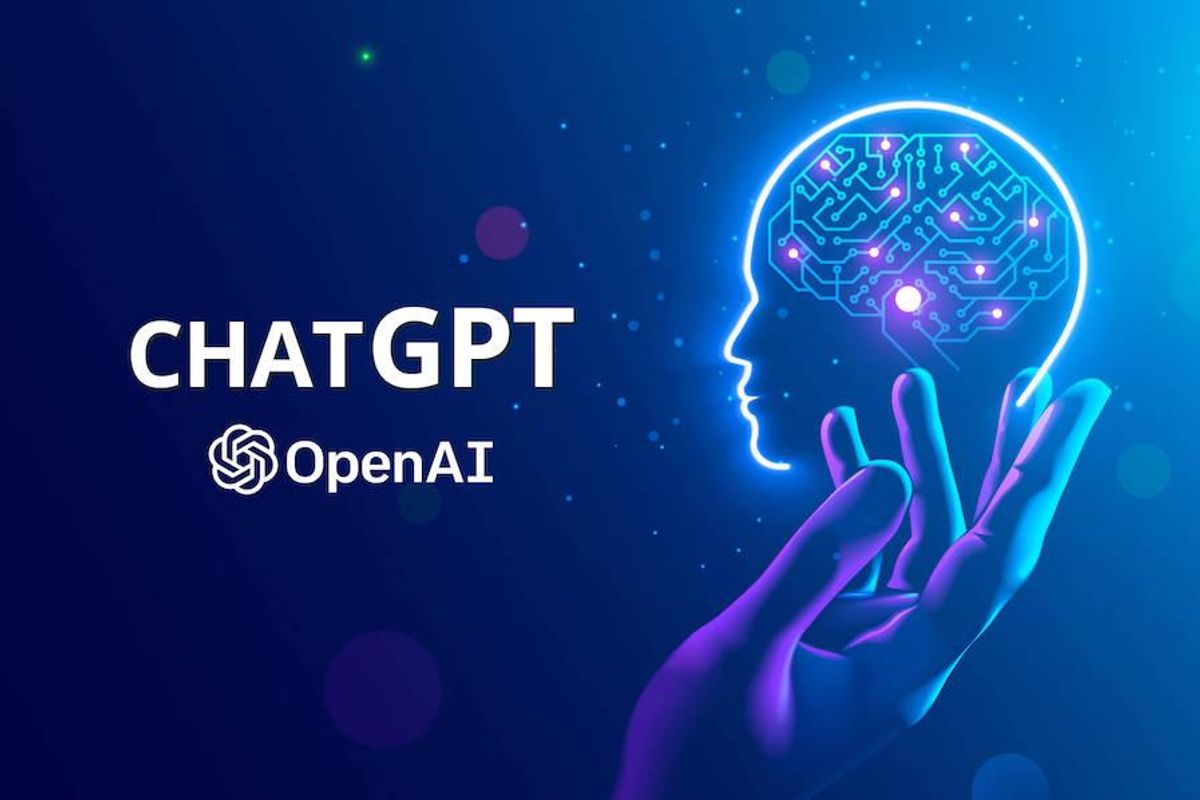Sunday, April 23, 2023
Is Chatbot Free?
There are some chatbot platforms and tools that offer free or low-cost options for creating simple chatbots with pre-built templates and limited features. However, these options may come with certain limitations, such as a limited number of interactions, basic functionality, or branding limitations.
For more complex chatbots that require custom development, businesses may need to hire a development team or work with a chatbot development agency, which can involve significant costs. The cost of development can vary widely depending on the size and complexity of the project, the experience of the development team, and other factors.
In summary, the cost of a chatbot can vary widely depending on several factors, and while there are some free or low-cost options available, more complex and customized chatbots will likely require significant investment.
Can I Remove Chatbots From My Phone?
If you are using a messaging platform that has a built-in chatbot, you may be able to disable or turn off the chatbot feature within the settings of the messaging app. This will prevent the chatbot from appearing or providing assistance when you use the app.
However, if the chatbot is integrated into another software application, such as a mobile banking app, it may not be possible to remove it entirely. In this case, you can contact the app developer or the customer support team of the application and ask if there is a way to disable or turn off the chatbot feature.
In summary, chatbots are not separate applications that can be removed from a phone like other apps. If you want to disable or turn off a chatbot feature, you will need to check the settings of the messaging or software application in which the chatbot is integrated or contact the developer or customer support team of the application for assistance.
Are Chatbots Inferior For Chatting?
One advantage of chatbots is their ability to handle a large volume of interactions simultaneously, making them a scalable solution for businesses that need to support a large customer base. Chatbots can also provide 24/7 support to customers, answering frequently asked questions and resolving common issues, which can improve customer satisfaction and reduce wait times.
However, chatbots can sometimes struggle to understand and respond to complex queries or handle situations that require human empathy and understanding. They may also lack the ability to understand the nuances of human language, which can result in misunderstandings and frustration for users.
The effectiveness of a chatbot will depend on its design and implementation. A well-designed and implemented chatbot can provide a satisfactory experience for users, while a poorly designed chatbot may be seen as inferior to human interaction.
In summary, whether or not chatbots are inferior for chatting depends on the specific use case and the quality of their design and implementation. While they can be very effective in some situations, they may fall short in others, and their effectiveness will depend on how well they are designed to meet the needs of users.
Are Chatbots Useful?
1. Improved customer service: Chatbots can provide 24/7 support to customers, answering frequently asked questions and resolving common issues. This can help reduce wait times and improve customer satisfaction.
2. Cost savings: Chatbots can reduce the need for human customer service representatives, resulting in cost savings for businesses.
3. Increased efficiency: Chatbots can handle multiple customer interactions simultaneously, increasing efficiency and reducing response times.
4. Personalization: Chatbots can be customized to provide personalized recommendations and assistance to users, improving the user experience.
5. Availability: Chatbots can be accessed from anywhere, making them a convenient option for users who need assistance outside of business hours or who are located in different time zones.
6. Scalability: Chatbots can handle a large volume of interactions simultaneously, making them a scalable solution for businesses that need to support a large customer base.
Overall, chatbots can be very useful in a variety of scenarios, and their benefits can lead to improved customer satisfaction, cost savings, and increased efficiency for businesses. However, the effectiveness of a chatbot will depend on the specific use case and the quality of its design and implementation.
Are Chatbots Sentient?
Chatbots are programmed using a combination of natural language processing (NLP) and machine learning techniques that enable them to understand user input and generate responses based on pre-defined rules or patterns learned from training data. Chatbots are not capable of independent thought or decision-making, and their responses are limited to the pre-defined rules and patterns they have been programmed with.
Sentience, on the other hand, refers to the capacity for consciousness or subjective experience. While humans and some animals are considered sentient beings, machines like chatbots are not.
In summary, chatbots are not sentient beings. They are programmed to simulate human conversation, but their responses are based on pre-defined rules and patterns, and they do not possess consciousness or subjective experience.
Are Chatbots Safe?
Some potential security risks associated with chatbots include:
1. Data breaches: Chatbots may collect personal information from users, such as names, addresses, and payment information. If this information is not stored securely, it could be vulnerable to hacking and data breaches.
2. Malware and phishing attacks: Hackers can use chatbots to distribute malware and phishing attacks to users, potentially compromising their devices and stealing their personal information.
3. False information: Chatbots that provide inaccurate or false information could mislead users and potentially harm them or their business.
4. Misuse of user data: Chatbots could be used to collect and misuse user data for nefarious purposes, such as identity theft or fraud.
To mitigate these risks, chatbot designers and implementers should follow best practices for data security and privacy, including:
1. Encrypting sensitive data and using secure storage systems to protect user information.
2. Implementing strong authentication and access controls to prevent unauthorized access to chatbot systems.
3. Regularly testing chatbots for vulnerabilities and addressing any security issues promptly.
4. Ensuring that chatbots are transparent about the data they collect and how it is used, and obtaining user consent before collecting personal information.
In summary, chatbots can be safe if appropriate security measures are in place. Chatbot designers and implementers should follow best practices for data security and privacy to minimize the risk of security breaches and protect user information.
Are Chatbots Effective?
In general, chatbots can be effective in the following scenarios:
1. Customer service: Chatbots can provide 24/7 support to customers, answering frequently asked questions and resolving common issues.
2. Sales and marketing: Chatbots can engage with website visitors and help guide them through the sales funnel, providing product recommendations and answering questions.
3. Personal assistance: Chatbots can help users perform tasks like scheduling appointments, setting reminders, and ordering products and services.
4. Information retrieval: Chatbots can be used to retrieve information from databases, search engines, and other sources, and provide users with relevant information.
However, for a chatbot to be effective, it must be well-designed and implemented. The chatbot must be able to understand user input, provide relevant responses, and handle complex queries. It must also be able to handle errors gracefully and provide clear and concise instructions to users. The chatbot must also be regularly maintained and updated to ensure that it continues to provide accurate and relevant information.
In summary, chatbots can be effective in many scenarios, but their effectiveness depends on the quality of their design and implementation. A well-designed and implemented chatbot can provide a valuable service to users and help businesses achieve their goals.
Are Chatbots AI (Artificial Intelligence)?
The level of AI sophistication in a chatbot can vary, from simple rule-based systems that follow pre-defined scripts to more advanced chatbots that can learn from user interactions and improve their responses over time. Some chatbots also use technologies like computer vision and speech recognition to offer more advanced functionalities.
In summary, chatbots are a type of AI technology that use natural language processing and machine learning to simulate human-like conversation and interact with users.
Are ChatGpt Essays Plagiarized?
As a language model, ChatGPT generates text based on patterns it has learned from a large corpus of text. It uses machine learning algorithms to predict the most likely sequence of words based on the input prompt given to it.
However, it is possible that the output generated by ChatGPT may resemble text that already exists on the internet or in published works. In such cases, it is the responsibility of the user to ensure that the content generated by ChatGPT is not plagiarized.
To avoid plagiarism, it is recommended that users cite the sources they used as input prompts for ChatGPT and verify the content generated by ChatGPT using plagiarism detection tools. It is also important to note that the use of ChatGPT-generated content for academic purposes may not be allowed by some institutions, so it is important to check with your instructor or school guidelines.
Saturday, April 22, 2023
YouTuber
MRIs Are Insane https://t.co/8p91SEMLoR
— Paramendra Kumar Bhagat (@paramendra) April 23, 2023
F1's Big Sound Debate https://t.co/WPpXt9KaPY
— Paramendra Kumar Bhagat (@paramendra) April 23, 2023
I'm realizing just how normal it is for most of my friends to "work" at least part of most weekends
— Justin Gordon (@justingordon212) April 23, 2023
Tinkering, building a side project, getting ahead
For sure they have fun too, but often they're just as excited about the work they're doing
And the ambition is contagious
given that the distribution of natural talents is arbitrary from a moral point of view (see Rawls), generative AI could be seen as broadening the distribution of natural talents (e.g. composing a song using Drake's voice), and thus a kind of distributive justice?
— Li Jin (@ljin18) April 23, 2023
What could some pro-active AI regulation look like?
— Paramendra Kumar Bhagat (@paramendra) April 23, 2023
Starship is super insane, but such a system is the only way for us to become a multiplanet civilization
— Elon Musk (@elonmusk) April 22, 2023
Hot Take:
— Michael Girdley (@girdley) April 22, 2023
<3% of people have the fundamentals of health down.
•Solid clean diet
•Appropriate exercise & flexibility
•Prioritized sleep & recovery
Until you get those things nailed, the saunas, green drinks, cold plunges, and other 1 %er health products aren't worth doing.
you think modern web dev is hard?
— Peer Richelsen 🗓🍊⚡️ (@peer_rich) April 22, 2023
back in the days all we had was
<table border="0">
<tr>
<td>
<table border="0">
<tr>
<td>
<img src="sprite01.png" />
</td>
</tr>
</table>
</td>
</tr>
</table>
and we were happy!
I consult on corporate culture. Introduce me to some of your companies.
— Paramendra Kumar Bhagat (@paramendra) April 23, 2023
AI is going to enable the creation and enforcement of laws 1000x as complex as we have today. This is mostly a good thing.
— Adam D'Angelo (@adamdangelo) April 22, 2023
🐘🐘🐘Excellent elephant symbolizes good luck, power, wisdom and strength!
— Bloofy (@bloofystore) April 12, 2023
😎It can serve as your wish-fulfiller and protector of your family.
Get yours👉 https://t.co/97JGeoBBM9 pic.twitter.com/vCNuNh1rxp
Tesla doesn’t get enough credit for their sound systems. They’re mind blowingly good.
— Jeff 💙✌️ (@JeffTutorials) April 22, 2023
I would pay big money for a home sound system designed by Tesla Engineering @elonmusk pic.twitter.com/YhyCrXcyet
The greatest skill is writing because:
— DAN KOE (@thedankoe) April 22, 2023
1) It forces you to articulate your value
2) It is the foundation of all media
3) It can be repurposed into any other medium
4) Any other skill you acquire enhances it
5) It brings immense mental clarity
Learn to write.
Malaria did it for me
— Elon Musk (@elonmusk) April 22, 2023
Career so far & a bit of advice:
— Ryan @ Redwood Storage (@redwood_ryan_a) April 22, 2023
2017: Graduated.
2017-2019: Worked as a software engineer, hated every minute.
2019-2020: Started a restaurant tech company, 50 clients, COVID decimated.
2020- 2021: Worked as a software engineer, hated it. Spent 50% of every day hunting for a…
How Old Is Cancer? https://t.co/8WdTqJaSKc
— Paramendra Kumar Bhagat (@paramendra) April 23, 2023
People are always shocked when I talk about financial systems and the amount of unbanked folks in West Virginia.
— stevie (@steviemctweets) April 23, 2023
“Powered by OpenAI” sounds like it should be a thing
— hiten.eth (@hnshah) April 22, 2023
Self-Driving Car Stopped by Cops https://t.co/bZaC5vCvHe
— Paramendra Kumar Bhagat (@paramendra) April 23, 2023
Vladimir Putin says Russia is 'a bit jealous' of China in meeting with X... https://t.co/0GtC3Uxoo7
— Paramendra Kumar Bhagat (@paramendra) April 23, 2023
YouTuber Helps Elon Musk Solves A Space X Problem https://t.co/exyYhFxu6b
— Paramendra Kumar Bhagat (@paramendra) April 23, 2023
“Putin still believes that time is on his side.”
— Foreign Affairs (@ForeignAffairs) April 22, 2023
Russia's president expects that the West will gradually lose interest in helping Ukraine—and the United States and its partners must prove him wrong, writes @McFaul.https://t.co/ZG87M7xLOA
We’ve started a “save-a-celebrity fund” to pay their $8. We take this matter very seriously.
— Elon Musk (@elonmusk) April 21, 2023
Friday, April 21, 2023
21: ChatGPT, GPT4
Twitter offering the ability to trade stocks and crypto is a great idea. I already lose all my time here. Might as well lose all my money too.
— Douglas A. Boneparth (@dougboneparth) April 13, 2023
TikTok is like a black hole for my time. I start scrolling through videos and the next thing I know, my phone battery is dead and my bedtime has turned into wake-up time.
— Paramendra Kumar Bhagat (@paramendra) April 19, 2023
(Courtesy: ChatGPT)
gold nugget
— Paramendra Kumar Bhagat (@paramendra) April 19, 2023
"Only 7% of Harvard freshmen planned to major in the humanities, down from 20% in 2012, and nearly 30% during the 1970s."https://t.co/jZuQ9tnteh
— Paul Graham (@paulg) April 19, 2023
Brian, I'd like to teach your corporate team ChatGPT Literacy.
— Paramendra Kumar Bhagat (@paramendra) April 20, 2023
People underestimate what you can do with engineering.
— Hussein Kanji (@hkanji) April 19, 2023
If you want to become an expert at anything, read this.
— Sahil Bloom (@SahilBloom) April 19, 2023
The 4 Stages of Competence: pic.twitter.com/0sYP7XdUOZ
Job seekers, Beware. One of the most dangerous / risky things you can do for your career is to join a company to work on or lead a “yet to be staffed” product or business.
— Gokul Rajaram (@gokulr) April 20, 2023
While it can be seductive to imagine the possibilities (and company execs will encourage this thinking…

